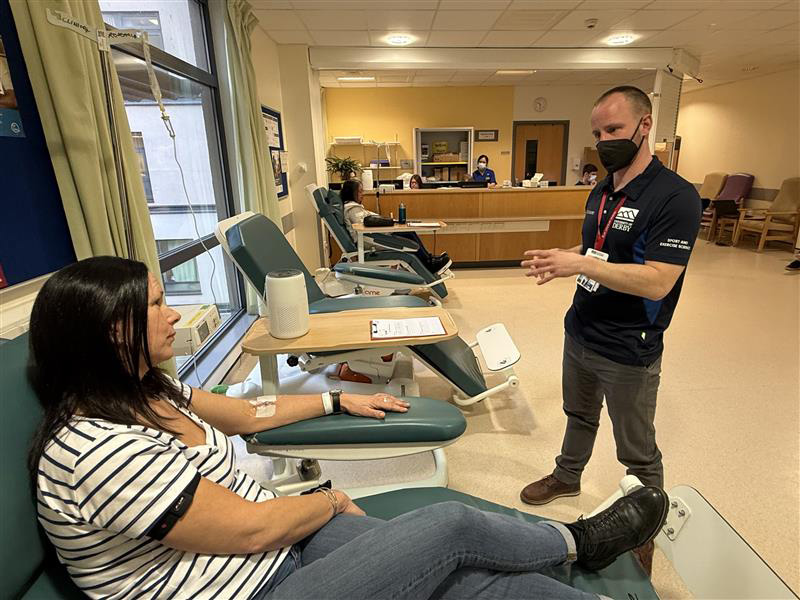NUS research exposes cost-of-living crisis for students

Ahead of today’s Spring Statement, the National Union of Students (@nusuk) has released exclusive research highlighting the financial difficulties facing students.
- Over half (51%) of those with a student loan or a bursary do not believe it covers the costs of living.
- Over 3 in 4 students are worried about managing financially.
- 1 in 4 students have less than £50 to live off a month.
- 2 in 3 have sought financial assistance, with 5% visiting food banks and 13% using credit schemes like Klarna.
With inflation on the rise, students are feeling the cost-of-living crisis. They are becoming increasingly concerned about being able to manage financially. Over half of those with a student loan or a bursary do not believe it covers the costs of living.
Just one in four students don’t hold a job alongside their studies. Despite this, 79% of students are worried about their ability to get by financially. One in four have less than £50 a month to live off after rent and energy bills, and 5% of students are visiting food banks.
This has forced students to seek financial support from different sources. 13% have used credit schemes such as Klarna and Clear Pay, whilst one in five have relied on credit cards to help them out. Just one in three students haven’t sought any financial assistance.
In light of these shocking statistics, NUS is arguing that the Treasury must introduce a maintenance support system which will allow all learners to live in comfort and security whilst studying in further and higher education, announce rent protections for students who have seen average rents increase by 61% in the past decade, and reverse planned cuts to the student loan repayment threshold.
Commenting ahead of the Chancellor’s statement, NUS UK President Larissa Kennedy said:
“When you’re hearing from students who can’t afford to travel to their campus library, you know there is something deeply wrong. We know that thousands of students are already being forced to choose between heating and eating, and with this cost-of-living crisis only expected to get worse, the Government needs to act to support the most vulnerable. This must include introduce rent protections, maintenance support and reverse planned cuts to the student loan repayment threshold.
“As we saw at the national student strike earlier this month, students from across the UK are desperate for something radically different. But as well as applying sticking plasters on the current marketised system, the Government needs to see that their profit-driven model is broken. They need to finally commit to a new vision for education, which is fully funded and accessible for all”.
Zac Larkham, a second-year student from Sheffield Hallam University, commented:
“Students are really struggling right now. We already pay high rents and have to work to top up maintenance loans but the little money we have is having to be stretched further and further.
“In 2018, 66% of students worried about having enough money to live on and it’s only gotten worse since then. We often talk about the mental health crisis in universities but one of the biggest sources of stress are financial problems and we are getting nowhere near enough support from anyone to lift that burden”.
The survey went out to field in January 2022 and received 3,915 responses from college and university students across UK. According to HESA statistics the gender split within Higher Education is 55% female and 45% male. 67% of respondents to this survey were female and 33% male, so in order to reflect the gender split of the student population, ‘weighting’ was applied accordingly. In the absence of any national Further Education statistics, NUS practice is to use HESA.











Responses